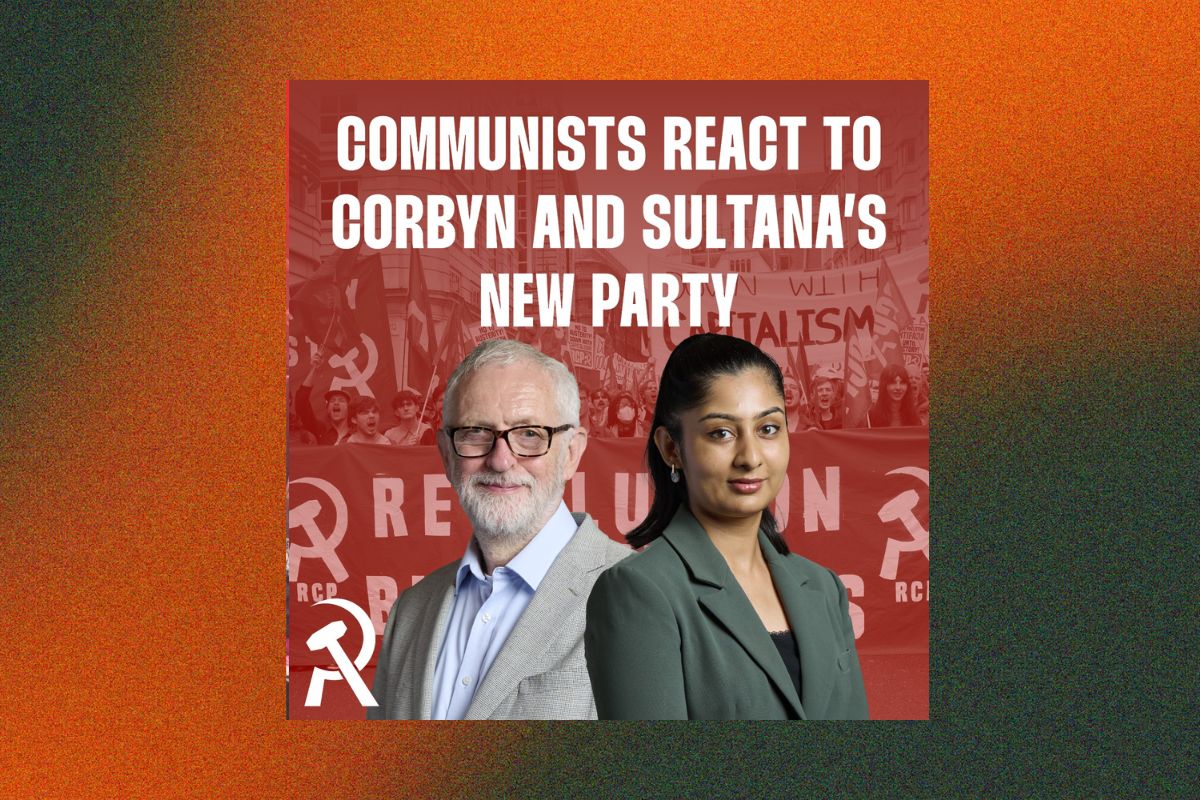When Tony Blair left office (and then parliament itself) he set about
doing what all ex-PMs tend to do – earn a little bit of extra cash.
Well, as it happens in Tony’s case, quite a lot of extra cash.
When Tony Blair left office (and then parliament itself) he set about doing what all ex-PMs tend to do – earn a little bit of extra cash. Well, as it happens in Tony’s case, quite a lot of extra cash.
According to Tom Peck in the Independent newspaper today, Blair gets £2.5 million a year from JP Morgan, no doubt advising them on financial prudence. Then he gets another half a million from Zurich – an aptly named finance company. Then come £2 million a year, if not more, from Tony Blair Associates which lends advise to all sorts of regimes and governments. One of those he has lent his wisdom to is Kazakhstan, which has been busy murdering its own citizens recently. He can pick up a cool £100,000 just for speaking at a dinner. Don’t forget of course that, like all ex-MPs, he is on a nice pension – no need for him to have marched on November 30th!
Now it has come out that not only have Tony Blair’s "earnings" gone up quite a bit during the last tax year ending March 2011, he has also paid very little tax on it. One company he set up – one of least 12 we are told – called Windrush Ventures had a turnover of £12 million last year but only made £1 million in declared profit – the rest being marked down as rent, building costs, salaries and £8.5 million pounds of unexplained "adminstrative expenses." It seems this is all legal and above board according to the totally impartial tax offices. One can only assume that the private sector is not as efficient as they claim. Either that or it seems easier to avoid paying millions in tax than it is to avoid paying a tenner.
No doubt many public sector workers on low pay, facing cuts in their pensions and looking at job losses, may feel a little agrieved that those who, over the years, have grandly decided all in this at Westminster seem to be able to avoid any consequences themselves. Once again, this raises the important question of labour movement representatives – be they trade union officials, councillors or members of parliament, let alone government ministers – working for the same pay levels as the average living wage of a worker. Otherwise they end up serving the millionaires rather than the millions as wehave sen all too often. If nothing else, picking up just an average workers wage will remind them a little more about the need to fight for workers pay and conditions since they will directly benefit from any improvement.






